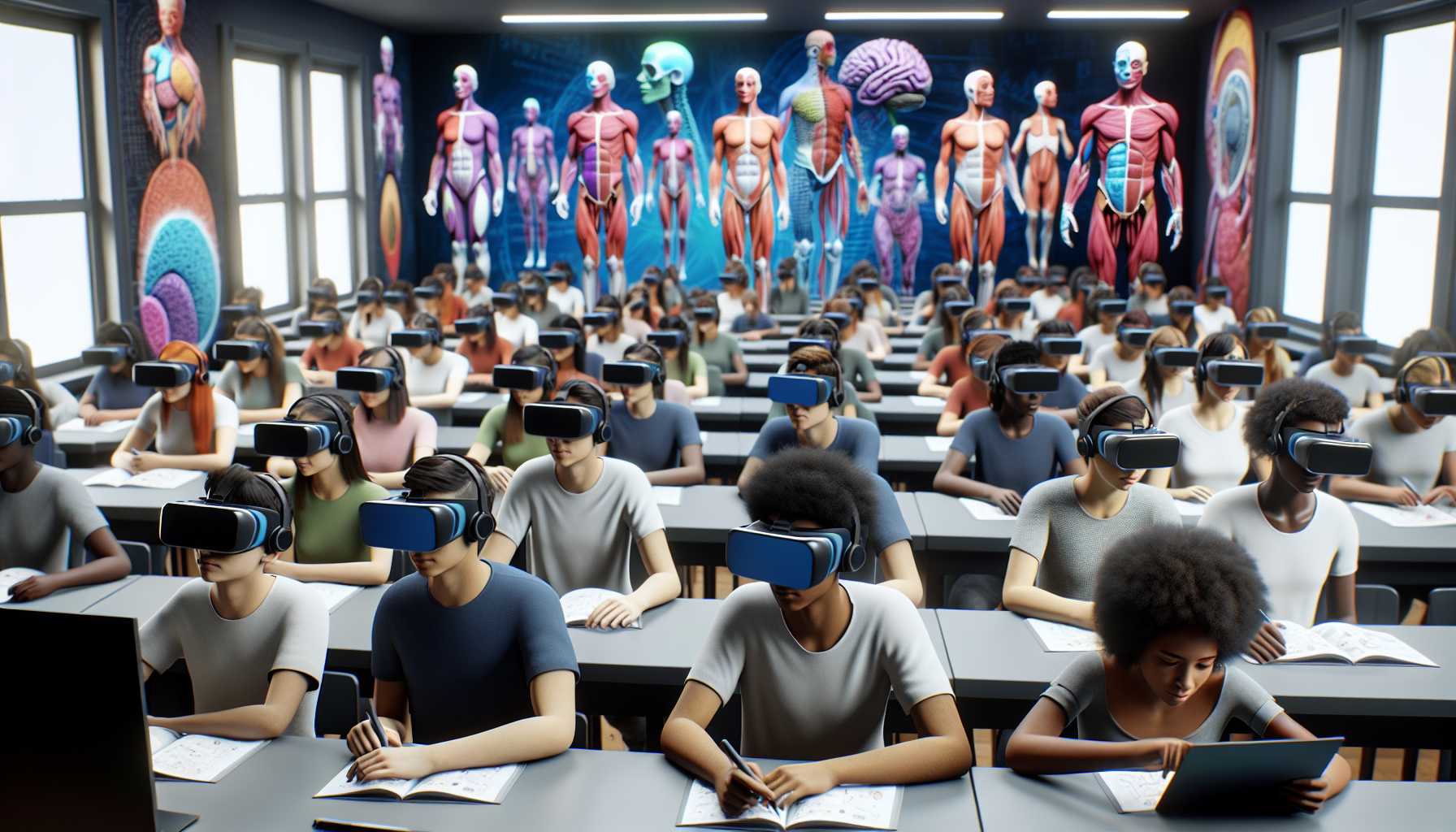Augmented Reality in UK Education: How Many People Are Using It?
Augmented reality (AR) is rapidly changing the educational landscape in the UK, offering immersive and interactive learning experiences for students of all ages. But how many people are actually using AR in educational settings?
While precise figures are difficult to pinpoint, several studies and reports offer valuable insights:
- Juniper Research: In 2022, they estimated that over 1.5 million students in the UK would use AR for educational purposes.
- Immersive VR Education: Their 2021 report indicated that 23% of UK schools were already using AR in some capacity.
- PwC: A 2020 report by PwC predicted that the global AR/VR market in education would reach $7.1 billion by 2025.
These figures suggest that AR adoption in UK education is steadily increasing. However, it’s important to note that the actual number of users likely varies depending on factors such as:
- School type and location: AR adoption is likely higher in private schools and those located in urban areas.
- Subject area: AR is more commonly used in STEM subjects like science, technology, engineering, and mathematics.
- Age group: AR is more prevalent in higher education institutions compared to primary and secondary schools.
Benefits of AR in Education:
- Enhanced engagement and motivation: AR brings learning to life, making it more interactive and engaging for students.
- Improved understanding: AR allows students to visualize complex concepts and interact with them in a hands-on way.
- Increased accessibility: AR can make learning more accessible for students with disabilities or learning difficulties.
- Development of 21st-century skills: AR helps students develop critical thinking, problem-solving, and collaboration skills.
Challenges of AR in Education:
- Cost: AR technology can be expensive to implement and maintain.
- Technical expertise: Schools need staff with the technical expertise to use and manage AR effectively.
- Content availability: There is a limited amount of high-quality AR educational content available.
- Data privacy concerns: Schools need to ensure that student data is protected when using AR.
The Future of AR in UK Education:
Despite the challenges, the future of AR in UK education looks bright. As technology continues to develop and costs decrease, AR is likely to become more widespread in classrooms across the country. This will offer exciting opportunities for students to learn in new and innovative ways.
Conclusion
While the exact number of people using AR in UK educational settings is unknown, it is clear that adoption is growing. AR offers numerous benefits for students, and as the technology continues to develop, it is likely to play an increasingly important role in the future of education.


